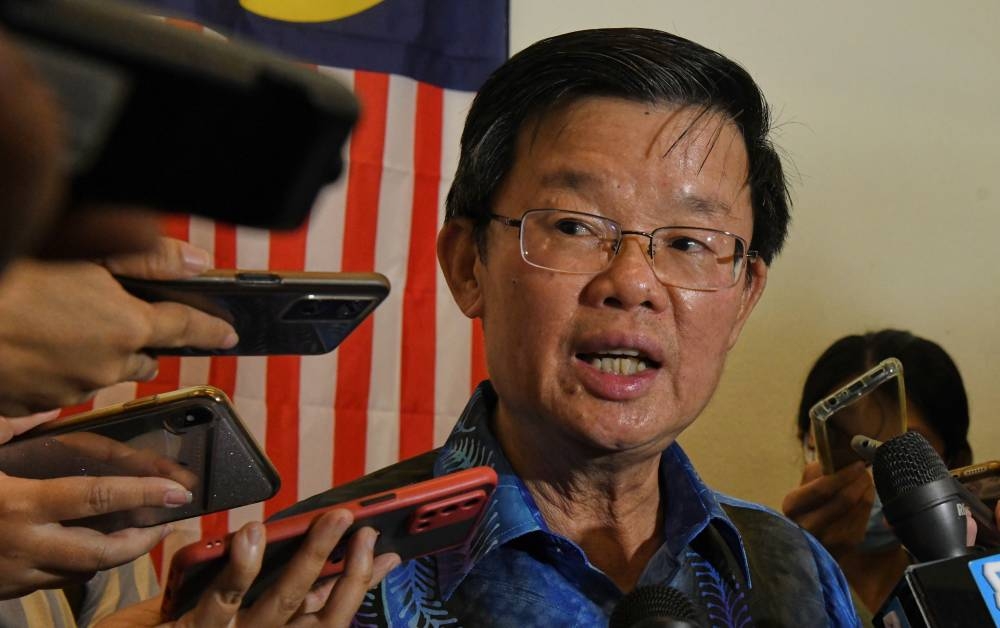GEORGE TOWN, Jan 12 — The Penang South Islands (PSI) project is expected to start in the third quarter of this year once the necessary approvals are obtained, said Penang Chief Minister Chow Kon Yeow.
He said the state government is expecting to obtain approval for the Environmental Impact Assessment (EIA) from the Department of Environment (DoE) by this month.
“After obtaining the EIA approval, we will still need to come up with the Environmental Management Plan (EMP) on how to mitigate the reclamation and construction of the islands,” he said during a press conference today.
He said the EMP will take the DoE about two to three months to approve.
He stressed that the EMP will ensure compliance with environmental guidelines and will be climate change cognisant.
“As I’ve said many times all these years, we will not start work until we obtain all necessary approvals,” he said.
On the financing of the mega project, which will create three man-made islands off the coast, Chow said it is the responsibility of the project delivery partner, SRS Consortium.
“If the project is approved, we will look at the state shares in this and there will be a joint-venture company to finance and manage the reclamation and development of Island A,” he said.
Chow was speaking to the media after a presentation ceremony of the Social Impact Management Plan (SIMP) initiatives and the implementation of PSR Ecology Offset Master Plan (PEOM) at the Pusat Perkhidmatan Setempat Nelayan Sungai Batu here.
The PSI project, also known as Penang South Reclamation (PSR), is a massive reclamation project to create three islands, measuring a total 4,500 acres (1,821 ha), off the southern coast of Penang island.
The PSR has faced objections from several civil society groups, including the Penang Fishermen’s Association (Pen Mutiara).
The project was first introduced in 2015 as the funding module of the RM46 billion Penang Transport Master Plan (PTMP) after SRS Consortium was appointed as the project delivery partner (PDP) for the PTMP on August 14, 2015.
The PTMP is a comprehensive transport strategy for an integrated and modern transport framework that included public, private, land and sea transportation systems.
Chow said they must push ahead with the SIMP initiatives because the fishermen were very keen for it to be implemented.
“They are aware of what they were entitled to under the packages, so we went ahead with this first,” he said.
He said under the SIMP scheme, fishermen were given the chance to attend the seafarer course and obtain certification.
The fishermen were also entitled to new boats with more powerful engines.
“They can go further out to sea to catch and the boats are installed with a GPS system to detect fishing grounds so they can go directly to the right fishing spots,” he said.
Other than boat and engine aid, the SIMP scheme also provides financial assistance in the form of ex-gratia, new jetties, job opportunities, business and skills training programmes, housing ownership schemes, and educational support programmes for fishermen’s children who are still in school.
Earlier, the state government signed a memorandum of understanding with the Penang State Forestry Department, Penang Infrastructure Corporation and SRS to plant 200,000 trees and conserve mangrove habitat in Penang under PEOM.
Chow also witnessed the signing of the contract offered to USAINS Holdings to conduct research on artificial and unjam reef ports and release fish and shrimp fry under the PEOM.
The research will involve the expertise of Universiti Sains Malaysia’s Centre for Marine and Coastal Studies (CEMACS).



















